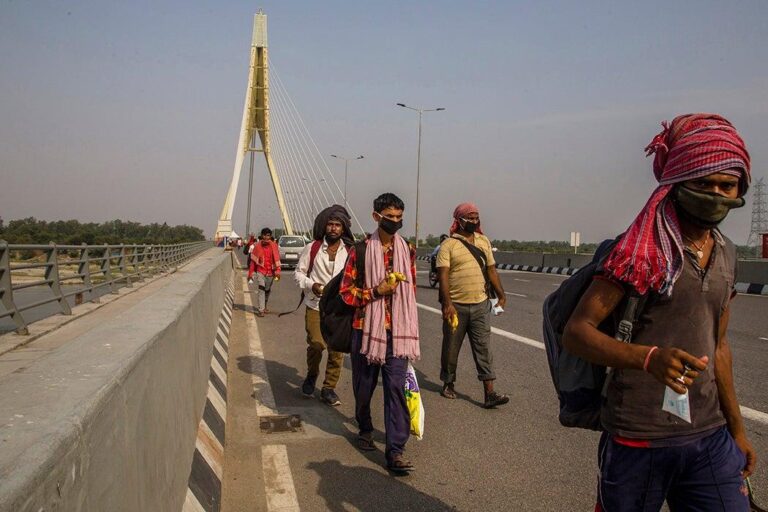Understanding Migration to India
Migration to India has increased significantly in recent years due to various socio-economic factors. This influx is primarily driven by individuals seeking better opportunities and security. India, being a rapidly developing country, attracts migrants from neighboring countries as well as regions suffering from conflict and economic instability.
Reasons Behind Migration
Many migrants come to India in search of jobs or education, often fleeing situations of poverty in their home countries. Poverty is a key motivating factor for many who see migration as a pathway to a better future. This movement not only reflects the individual’s aspirations but also the broader economic disparities that exist within the region.
The Intersection of Poverty and Politics
The politics surrounding migration in India are complex and often contentious. Migrants are sometimes seen as a burden on social resources, leading to political rhetoric that frames them negatively. This perception can shape policies that restrict migration and exclude certain groups based on arbitrary criteria.
Exclusionary Practices and Policies
The implications of exclusionary policies are profound, often endangering the livelihoods of migrants. In many instances, these policies are justified under the guise of national security or economic stability. However, they often exacerbate the vulnerabilities of migrant populations, pushing them further into poverty.
Challenges Faced by Migrants
Migrants in India encounter numerous challenges, including limited access to healthcare, education, and social services. Due to their marginalized status, many live in fear of deportation or harassment. This precarious situation can make it difficult for them to escape the cycle of poverty.
The Role of Civil Society
Non-governmental organizations and civil society play a vital role in advocating for migrant rights and integration. They work tirelessly to provide resources and support to those affected by poverty and exclusion. For a deeper exploration of these issues and the complexities surrounding migration to India, visit Migration to India: Poverty and the Politics of Exclusion.
Conclusion
Migration to India highlights significant themes of poverty, exclusion, and the politics behind them. Addressing these challenges requires a multi-faceted approach that recognizes the rights and dignity of all individuals. Only through inclusive policies and societal support can India harness the potential of migration in a way that benefits everyone.

